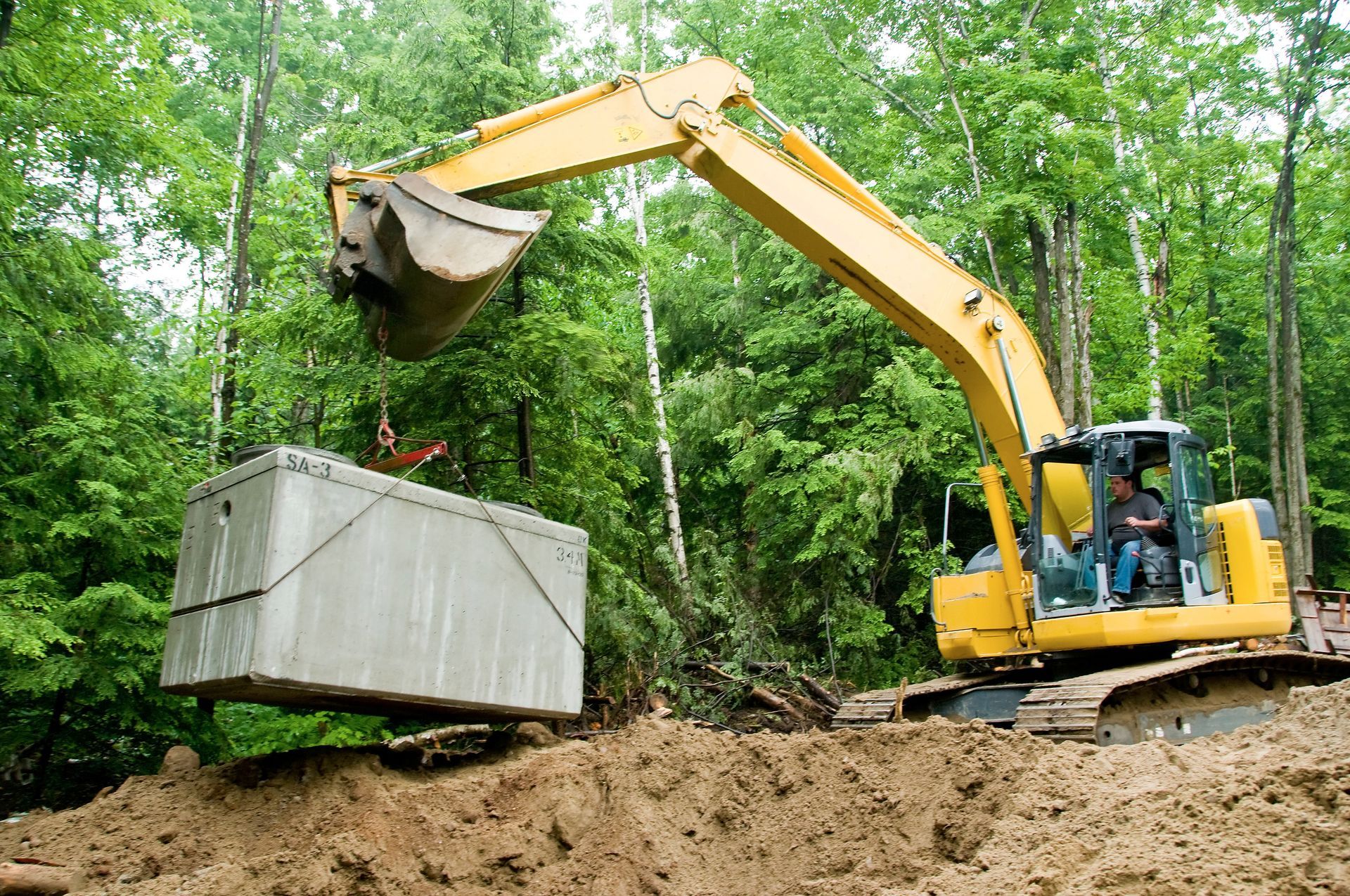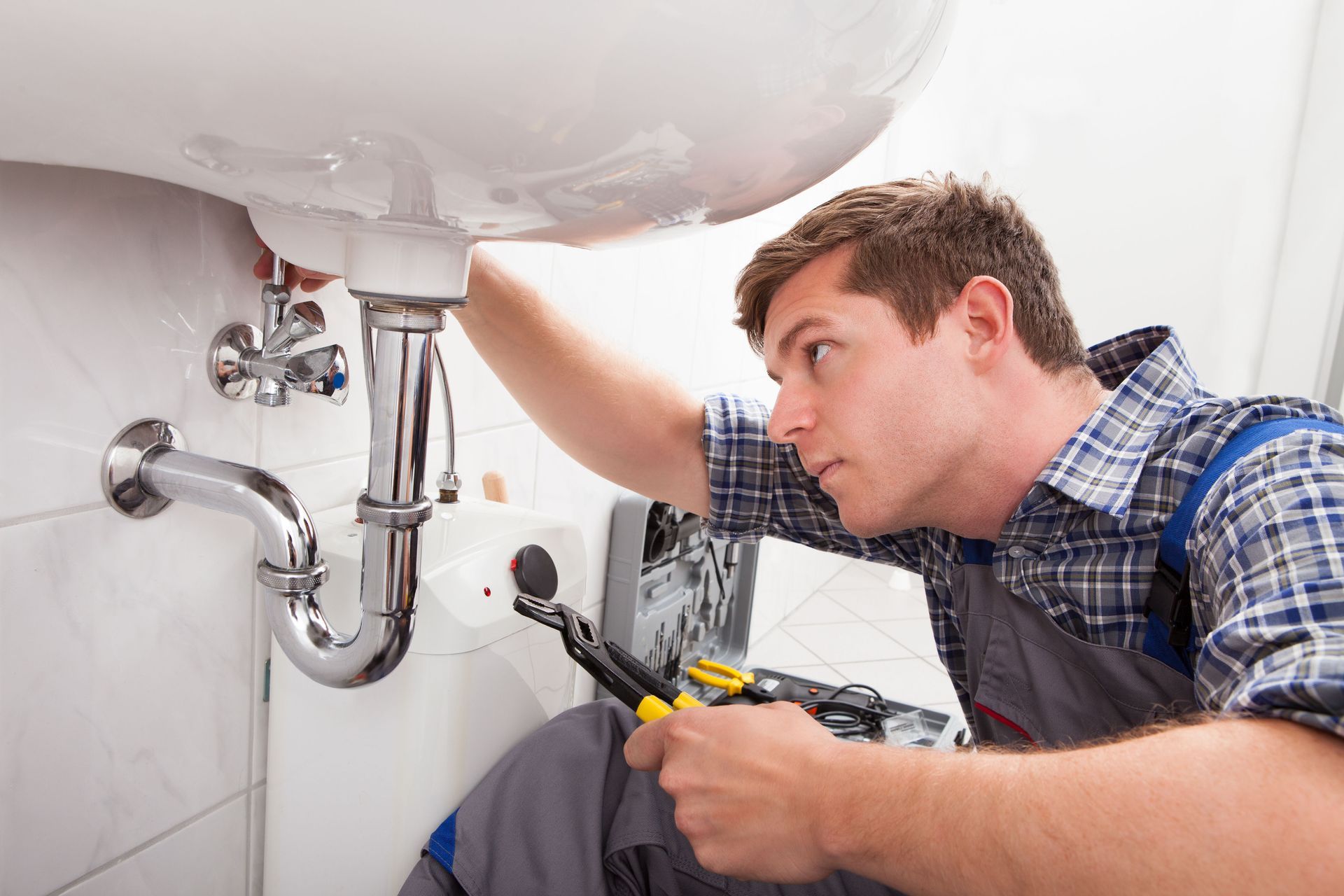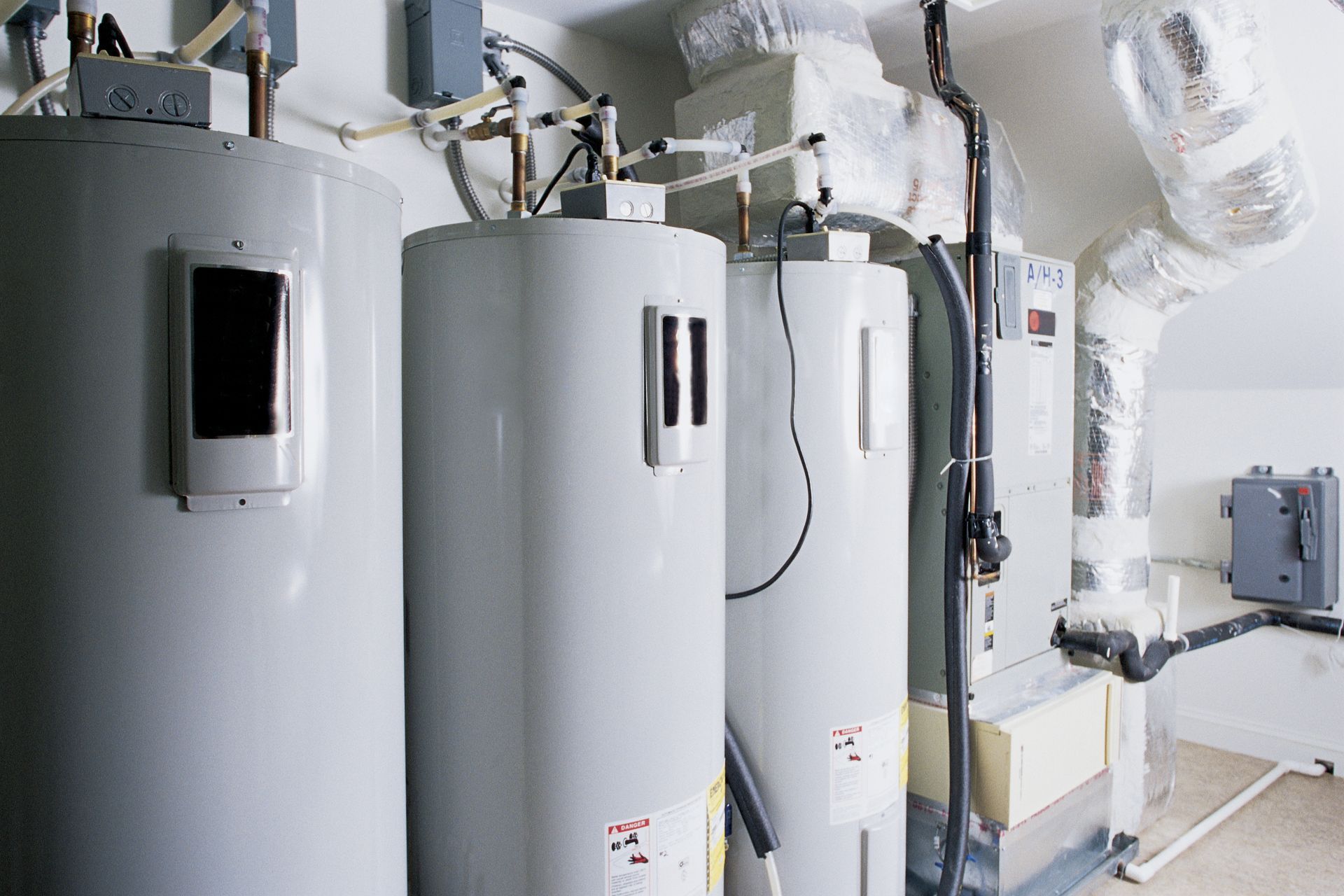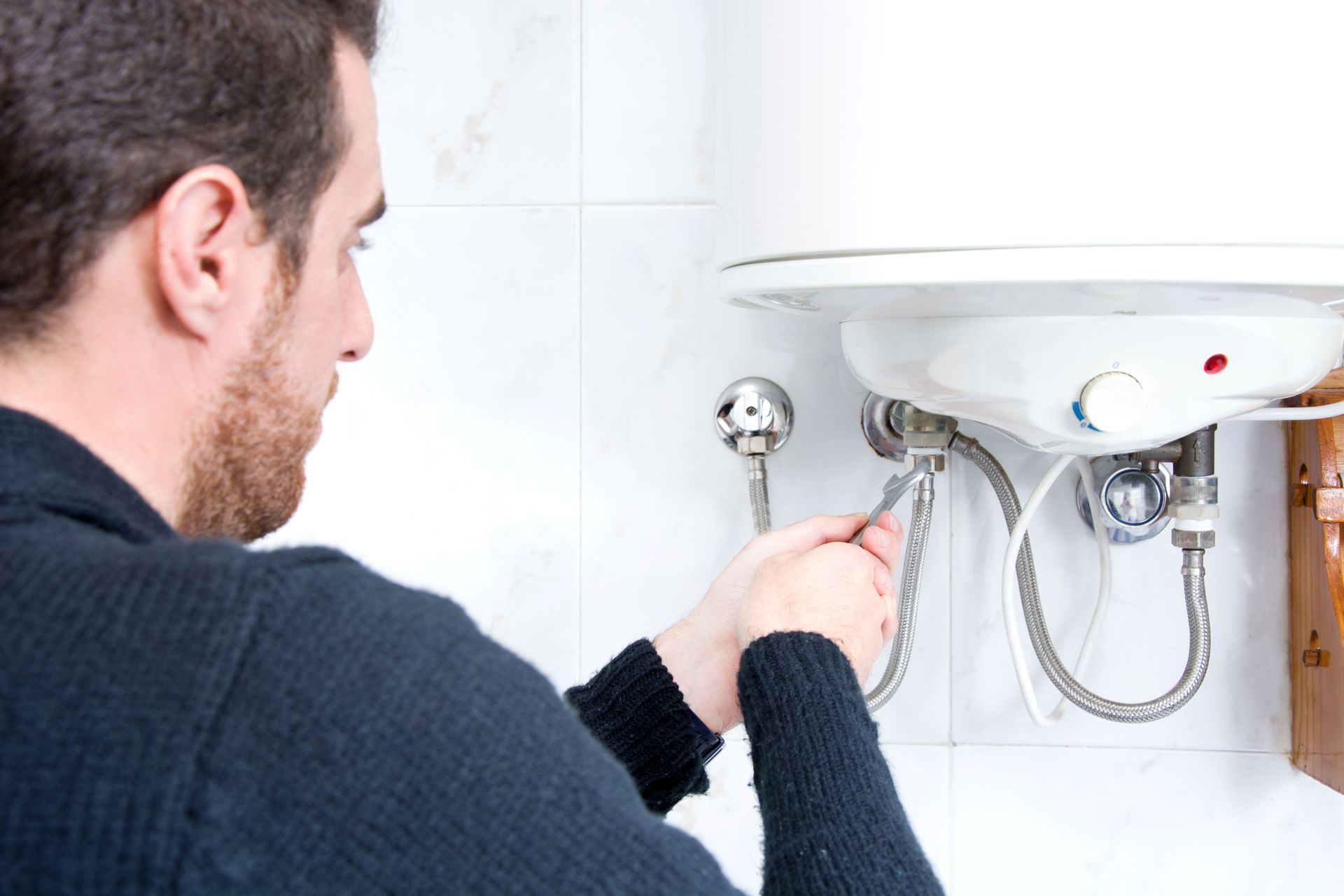What You Need to Know About Septic Tank Maintenance
Proper plumbing service is crucial for every homeowner who relies on a septic system. While these underground systems are essential for managing wastewater in homes without access to municipal sewer lines, they require regular care to function efficiently. Neglecting your septic system can lead to costly repairs and hazardous situations. This guide will cover the essentials of maintaining a septic tank, providing you with the knowledge to keep your system running smoothly and effectively.
Understanding How Your System Works
The first step in septic tank maintenance is understanding how the system operates. A septic tank serves as a primary treatment facility, breaking down solids and separating them from liquid waste. The liquid then moves into a drain field, where it is naturally filtered by the soil. This biological process relies on a delicate balance of bacteria and soil conditions to function properly. Proper oxygen levels and soil permeability are crucial for effective filtration. By understanding this process, you can appreciate the importance of regular maintenance to avoid disruptions and malfunctions that can arise from system overload or blockages.
Saving Money With Professionals
Regular plumbing services are key to avoiding major septic system issues. Experts recommend having your septic system inspected by a professional every three years. These inspections help identify potential problems before they escalate, such as leaks, blockages, or signs of wear and tear. Routine evaluations also ensure the system is functioning efficiently and complies with local regulations. Additionally, inspections can provide valuable advice on maintenance practices tailored to your specific system. Scheduling routine check-ups and addressing minor issues promptly can save you from costly repairs down the road. Early detection protects your home's health and preserves the environment.
Preventing Overflow
Pumping your septic tank is another critical part of maintenance. According to the EPA, household septic tanks are typically pumped every three to five years, depending on the size of the tank and the number of people using it. Pumping removes accumulated sludge and scum, preventing overflow and potential damage to your drain field. This routine also helps maintain proper bacterial balance within the tank, which is essential for breaking down waste effectively. Ignoring this step can lead to backups, foul odors, and even groundwater contamination. A simple routine of regular pumping can avoid septic system failure, ensuring the longevity and efficiency of your setup.
Protecting Your Septic System
Proper waste disposal is essential for maintaining a healthy septic system. Household items such as non-biodegradable products, grease, and chemicals can harm your septic system, increasing the risk of blockages and decreasing the efficiency of breakdown processes. Even items labeled flushable, like certain wipes, can accumulate and cause clogs over time. Always dispose of waste responsibly and be mindful of what enters the system. Educating your family on what not to flush or pour down the drain is a simple but impactful way to prevent damage. Encouraging your household to follow waste-disposal best practices can go a long way in prolonging the life of your septic system.
Reducing Water Waste
Water conservation is another important element of septic tank maintenance. Overloading your septic system with excessive water can lead to system failure as it decreases the tank's capacity to break down solids efficiently. Installing water-saving fixtures, repairing leaks promptly, and spreading out water usage throughout the day can help manage the volume of wastewater entering the system. Avoid running multiple water-heavy appliances at once, such as the dishwasher and washing machine. Directing roof runoff away from the drain field also reduces excess water infiltration. Implementing water conservation habits not only benefits the environment but also supports the optimal functioning of your septic system.
Plumbing service is an ongoing responsibility that requires attention and understanding. By acquainting yourself with the workings of your system, scheduling regular inspections and pumping, practicing responsible waste disposal, and conserving water, you can ensure your septic system operates efficiently for years to come. A well-maintained septic system not only protects your property and health but also contributes to environmental preservation, making it a valuable investment for any homeowner. Reach out to our team at 1776 Plumbing & Drains today to learn more! Our experienced professionals are here to provide expert advice, reliable service, and peace of mind for all your septic needs.









Share On: